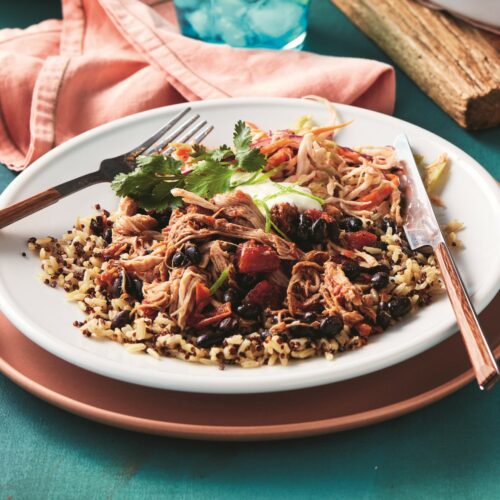
Q: "I have been told I could be insulin-resistant. What does this mean and am I at risk of contracting diabetes in the future? How can I become non-resistant to insulin?"
A. Parker
A: Dietitian Kristen Corselius White responds:
"People with insulin resistance require higher than usual levels of insulin to function. Insulin is a hormone produced in the pancreas. One of its roles is to move glucose, a product of digested food, from the blood vessels into the muscle cells, to be burned as energy. Insulin resistance is associated with Type 2 diabetes as the pancreas cannot keep up with the body's need for insulin and excess glucose builds up in the bloodstream. Improving your insulin sensitivity now will be better for your health in the long term.
Genetic makeup partly determines insulin resistance, but research shows you can help your body become more insulin-sensitive with a few sensible lifestyle changes. These include weight loss, regular activity and healthy food habits.
If you carry extra weight, especially around the middle, try to lose some (optimal waist size is less than 88cm for women, less than 102cm for men). A weight loss of as little as 4-5kg can help your body use insulin more efficiently. Get moving for at least 30 minutes a day most days of the week as physical activity also sensitises insulin. Both aerobic exercise (eg walking, jogging, cycling) and resistance training (eg weight lifting, resistance bands) provide benefits. Forgo processed, refined food products for intact, fibre-rich ones. Whole foods, especially whole grain cereals, legumes, vegetables and fruit, improve insulin sensitivity as well. Lastly, limit your intake of foods that contain animal fats, coconut or palm oils. These saturated fats hinder insulin's ability to do its job."
www.healthyfood.com










